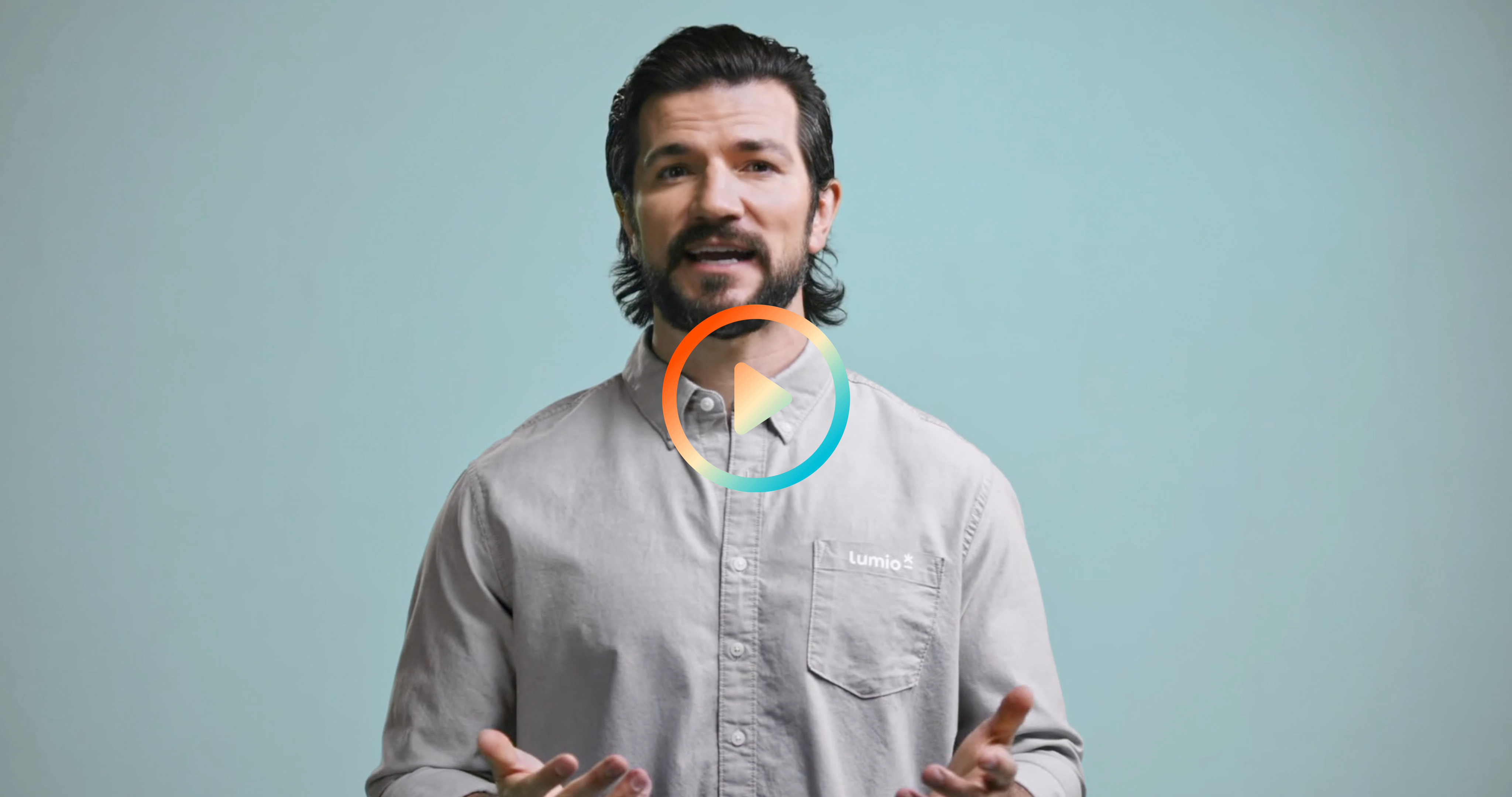Selling Your Home With Solar? No Problem!
It will be an advantage, not hinderance.

by Caroline Nurse
5 min read - Published on 05/10/2022
While selling a home with solar might not be as exciting as selling one with a theater or outdoor pool, the value of solar is beneficial to the homeowner for many other reasons besides excitement. If you're concerned about selling your solar-powered home, you're in the right place. Let's dive into the details.
Here are some helpful tips to get started:
- Have solar information ready for your realtor.
- Understand the value of solar power.
- Work with an agent experienced in selling homes with solar.
- Sell a house with a financed or leased solar panel system.
- Why not sell for more?
Selling a house with solar is probably a lot easier than you might have heard because it is an opportunity for greater profits and attracting even more buyers. After all, there’s more to promote than just their positive environmental impact. Residential solar panel systems also offer huge savings on energy bills, especially for those living in climates where air conditioners or heaters get frequent use.
By recognizing that not every buyer will necessarily appreciate your “go green” initiative and put in an offer based on this alone, you can better highlight the selling points of your solar panel home and mitigate any potential hassles that may delay a closed deal.
Have Information Ready for Your Realtor
First, we recommend being able to answer questions your realtor or potential buyers might have. Some common questions home sellers are often asked include:
- How big is the system?
- How much energy does it produce?
- How do you monitor the system?
- How do you know how much you are saving?
Knowing the answers to these questions and others that may come up will help drive the value of your solar home and result in a quicker, smoother sale. While you’re at it, you might want to consider hiring a real estate agent with experience in selling homes with residential solar. Solar-experienced real estate agents make a positive impact in the home selling experience and can command a higher offer for your home.
To best prepare your real estate agent, we recommend supplying the following:
- Any documents related to the design and installation of your solar system.
- Bills from Lumio for the current monthly cost of the system.
- Utility bills showing the home’s average monthly energy costs and savings.
A real estate agent who’s sold residential solar homes in the past will understand the value of solar systems and their main selling points. Such an agent will also be prepared and know how to:
- Optimize and address your home’s solar panel system in MLS.
- Make available all proper lease or finance disclosures.
- Ensure you are not liable for the system after closing.
Understand the Value of Solar Power
To sell your solar home faster and for more money, you first have to understand the value of solar power and why a home with a professionally installed residential solar energy system will command a higher sale price. In fact, a number of studies successfully demonstrate the positive impact of solar panels on the home sale process.
According to Zillow research, solar-powered homes sell for 4.1% more on average than homes without solar. To back up this fact, additional research suggests buyers are willing to stretch their budget and pay $15,000 more on average for a home with a solar panel system. In other words, many home buyers are willing to pay a higher upfront cost for substantial monthly energy savings.
Nonetheless, no matter what you do, your home’s solar panel setup won’t appeal to all buyers. You’ll want an experienced real estate agent or solar panel consultant who can clearly explain the benefits and any financial implications.
Financial Implications for Buyers
Residential solar panels reduce monthly energy costs by 70-100 percent on average, resulting in substantial lifetime savings that often offsets the cost of monthly ownership or installation.
Best of all, in many states, you can receive energy credits if your solar panels produce excess energy. This is called net metering. If your solar system produces more energy than your home needs, your local utility company will give you energy credits for free electricity when needed.
These are some of the most important positive financial aspects of owning a home with solar power. However, if your home’s system isn’t paid off, there are other financial implications for buyers to consider.

Selling a House with Leased Solar Panels
If you currently lease your solar panels, buyers will naturally question whether the pros of monthly energy savings will make up for their costs. Fortunately, you have a few options whenever you’re ready to sell.
Buy Out the Lease
If your budget allows, buying out the lease will likely be your best option as it will allow you to facilitate a quicker sale and command a higher purchase price.
Sell the Savings
If you’re unable to buy out the lease, do your best to sell the savings. Advertise the cost savings to home buyers and explain how the monthly energy savings will offset the cost of the lease. Buyers will be willing when they understand the short and long-term value of solar panel systems. Objectively discuss the financial pros of having a solar system, including the added value it brings to the house. This will help alleviate any concerns regarding transferring the lease.
Sell Off-Market
If you can’t buy out the lease, another option worth considering is selling your house off-market. Some cash investors and off-market buyers might be more than willing to buy out the lease. Depending on your market, you may be able to sell to such a buyer and still receive a premium for your home. Who knows, they might even cover the closing costs.
Selling a House with Financed Solar Panels
Selling a house with financed solar panels is simple enough but there are a few things to keep in mind during the process. Should you decide to move and put your home on the market to sell, you have two options depending on the loan type.
Secured Loan
If you used a home equity loan to finance your home’s solar system, or another type of loan using your home as collateral, the remaining balance will need to be paid off before you sell.
Unsecured Loan
If you used an unsecured loan to finance your home’s solar system, you will not be able to transfer the loan like you would a solar equipment lease. In this case, you are free to sell your home even if you still owe on the loan. However, you will be responsible for paying off the loan, which you may be able to with the profits from the sale.
Whichever route you take, remember that your home will likely sell for more with a professionally installed solar panel system, so you should be able to use that additional revenue to pay off the loan.
Learn More About Selling a Solar Home
As a homeowner, you shouldn’t feel forced into paying high utility bills simply because you think you might want to sell some time in the next 30 years. As a home buyer, remember that purchasing a solar-powered home is simpler and easier than you may think. Plus, you get to enjoy significant financial benefits the moment you move in.
Still have questions about buying or selling a solar home? Reach out to one of Lumio’s solar consultants for additional support and expert advice on residential solar systems and real estate.

